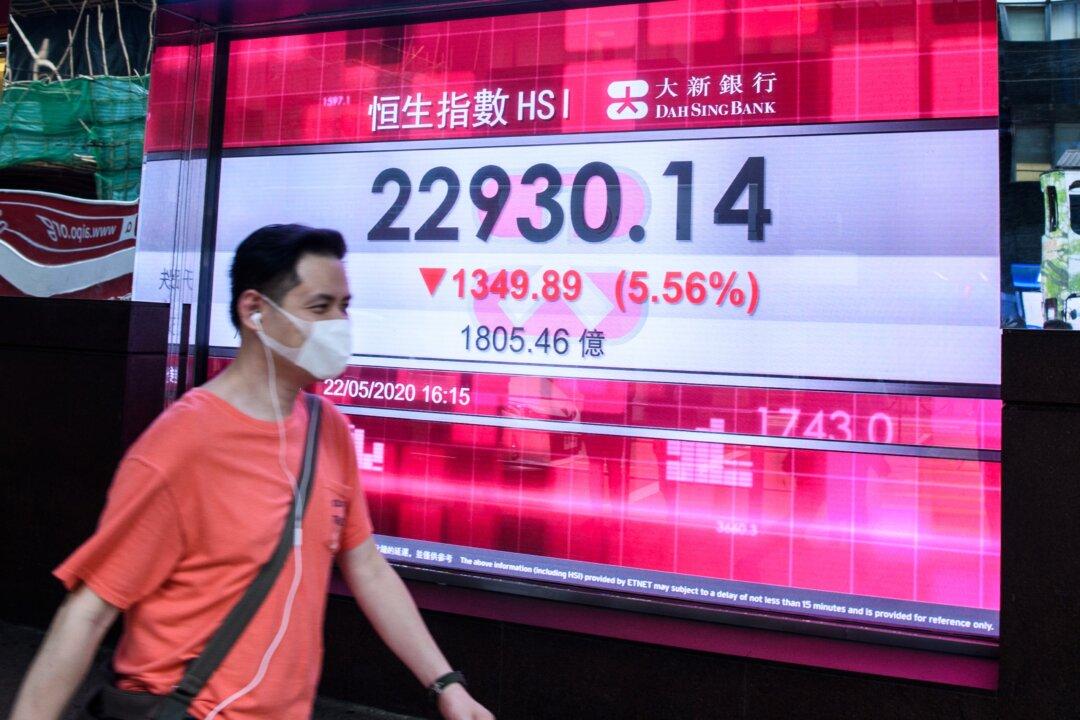China property shares rose dramatically after China proposed countermeasures to prevent risks in the debt-ridden real estate sector at the latest financial stability meeting. The scale of capital invested in the stock market was an extraordinary sign, Chinese media said.
Sunac China, China’s third-largest property developer headquartered in the northern coastal city of Tianjin, has 17 billion yuan ($2.67 billion) of onshore and offshore bonds maturing in 2022, and its issuer default rating was downgraded by Fitch Ratings on March 13, reflecting further uncertainty over its debt defaults.





